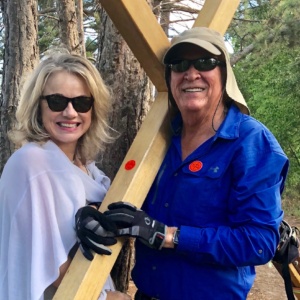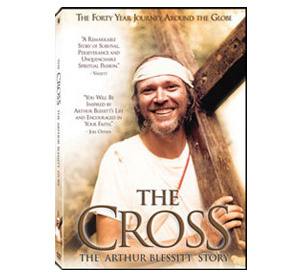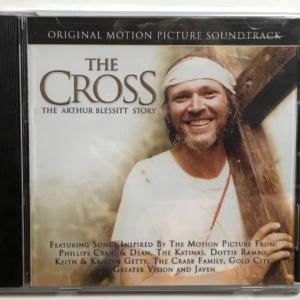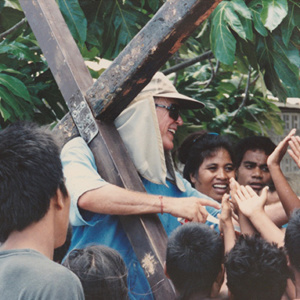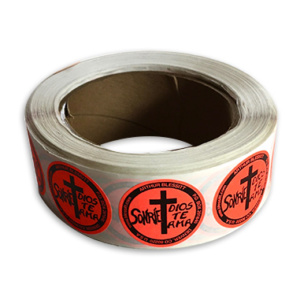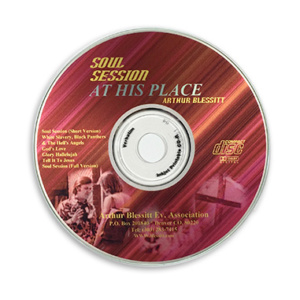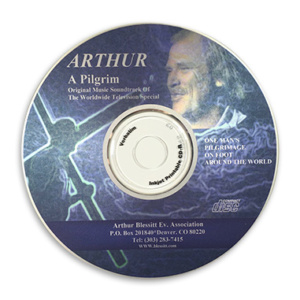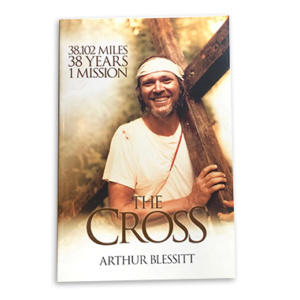IN MY FATHER’S HOUSE ARE MANY MANSIONS
I naturally anticipated going to California with my diploma, but it was not to be. Because of my ingrained dislike of Spanish, I failed to graduate. I found out that I had flunked my last semester of Spanish only four hours before the commencement exercises. I came so close to graduating that my diploma was signed and ready, my name appeared in the list of graduates in the newspapers, and an embarrassed dean even called my name from the platform. (“He didn’t make it,” someone finally whispered to him frantically.)
I was urged to make up the course in summer school, but I didn’t want to waste the time. I was primed for the seminary, and I was certain I had learned all I could at Mississippi College. The formal degree didn’t mean a thing to me.
But the seminary was a disappointment. There were a number of things about it that irritated me. Friends from Mississippi and Louisiana had written about me to several churches in the San Francisco area, which resulted in a number of invitations for me to preach. But those invitations were kept secret from me.
When I finally learned about them, I marched into the presidents’ office and asked for an explanation of why I couldn’t preach.
“We heard that when you were at Mississippi College, you did so much preaching your grades were poor. We don’t want you to preach that much around here. We want you to study for three years and prepare yourself. Then you can go out and preach all the time.”
“Does that mean you’re forbidding me to preach?”
“You’re here to learn how to become a minister.”
“I’m already a minister, and I’ve pastored two churches. There’s no reason why I can’t study and preach.”
“It’s your choice you either study and make good grades or you preach.”
?I elected to do both. I preached at a number of nearby churches and maintained a straight B average except for a D in Greek. But I was beginning to chafe at many of my required classes. I had already completed a college course in Old Testament survey, and I didn’t need further instruction on how to organize a song meeting or a mission station.
There were some four hundred students studying to be preachers at Golden Gate. What a juggernaut for the Lord it would be, I thought, if we were all turned loose in shifts several days a week to witness in San Francisco. We could shake the city by the bay. Instead, what was shaking the city at this time were the first nightclub dancers. And Haight-Ashbury was beginning to fill up with what would become a legendary invasion of hippies.
What a mission field San Francisco was. It was a city that needed saving. But when I made the suggestion to several of my professors that every student in school be sent forth to witness throughout San Francisco, they looked at me strangely. I knew that they were thinking: I was either a lunatic or a religious fanatic, and I wasn’t certain which they considered worse.
Only one or two of the professors were evangelical-minded and believed as I did that the Bible commanded men to spread the Gospel. As for my fellow students, the majority were arch- liberals in their interpretation of the Scriptures. They questioned, philosophized, and expressed doubt about much in the Holy Book instead of simply accepting it as the inspired Word of the Lord.
At Golden Gate, I didn’t see any fires burning for God. Few professors or students believed that everybody had to be saved. They were cold in spirit. Nobody witnessed; there were no prayer meetings.
The courses were geared to training students to “adjust” to the communities in which they would eventually pastor, and it was made plain that it wouldn’t hurt to ingratiate oneself with the best people in the congregation. “Best” translated into wealthiest. This emphasis infuriated me. Christ witnessed to all types of people, not just the “best” or the wealthiest. And Christ did not consider witnessing in public embarrassing, as did virtually all of the seminary’s professors and students.
The school was trying to make the church fit the community instead of making the community fit the church. The focus was on making scholars out of the students. But I decided I would rather be ignorant and on fire than be a scholar and spiritually dead. I also decided that since the seminar offered no challenge, I was throwing away more precious time.
Then a wonderful thing happened on Christmas night while I were driving down San Francisco’s Market Street.
” I feel the Lord calling us to the desert, to Nevada.”
The same urge to bring the Gospel to the most sin-soaked state in America had been building in me for some time. Perhaps the call to go to Nevada was direct from God or perhaps it had formed in our minds when we heard from a friend that there was a large area in Nevada that didn’t have a single evangelical church. We didn’t stop to analyze the wellspring of our inspiration.
Instead we went home and packed.
On New Year’s Day our car crossed the Nevada line.
I had no church.
We had no home.
My assets were five dollars, a battered car … and all the faith in the world.


